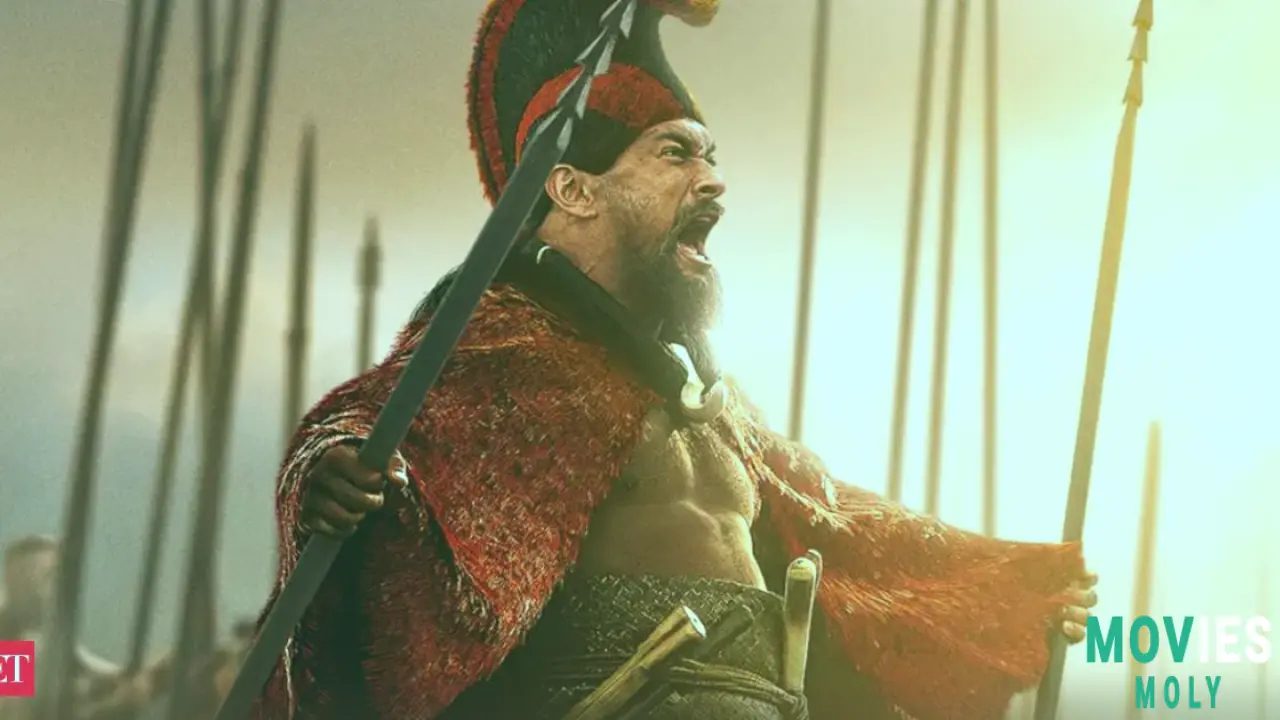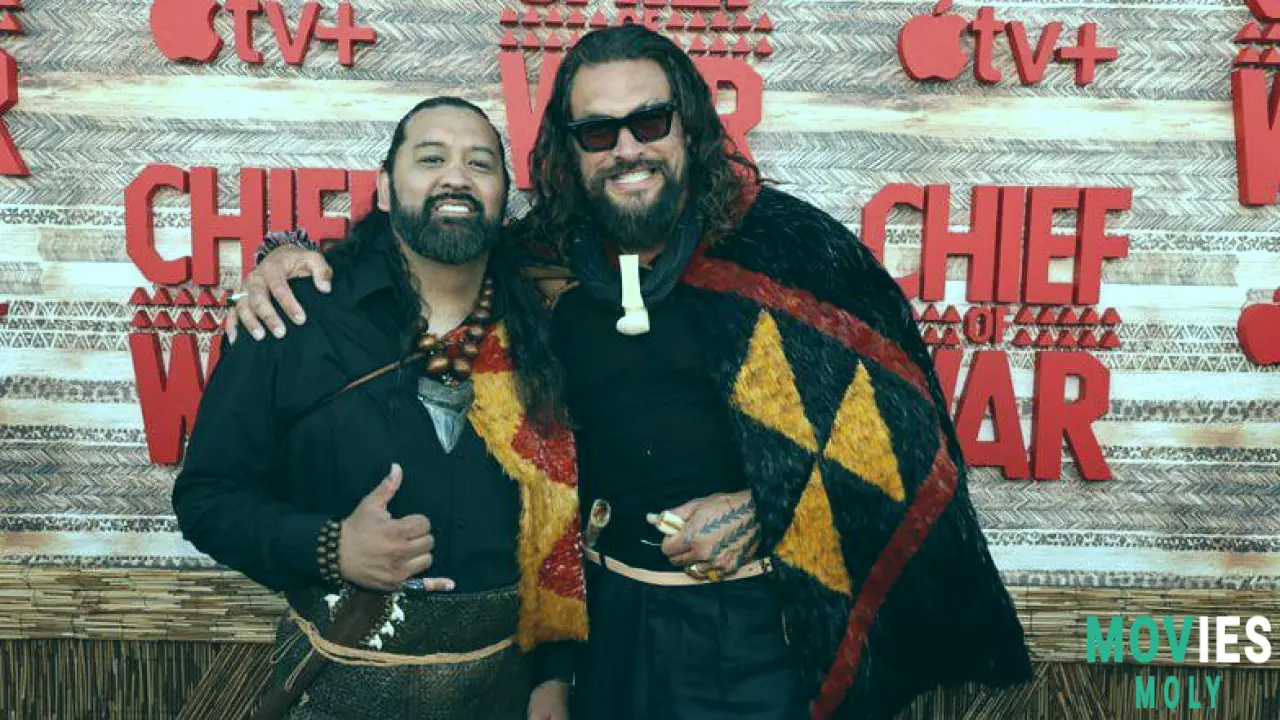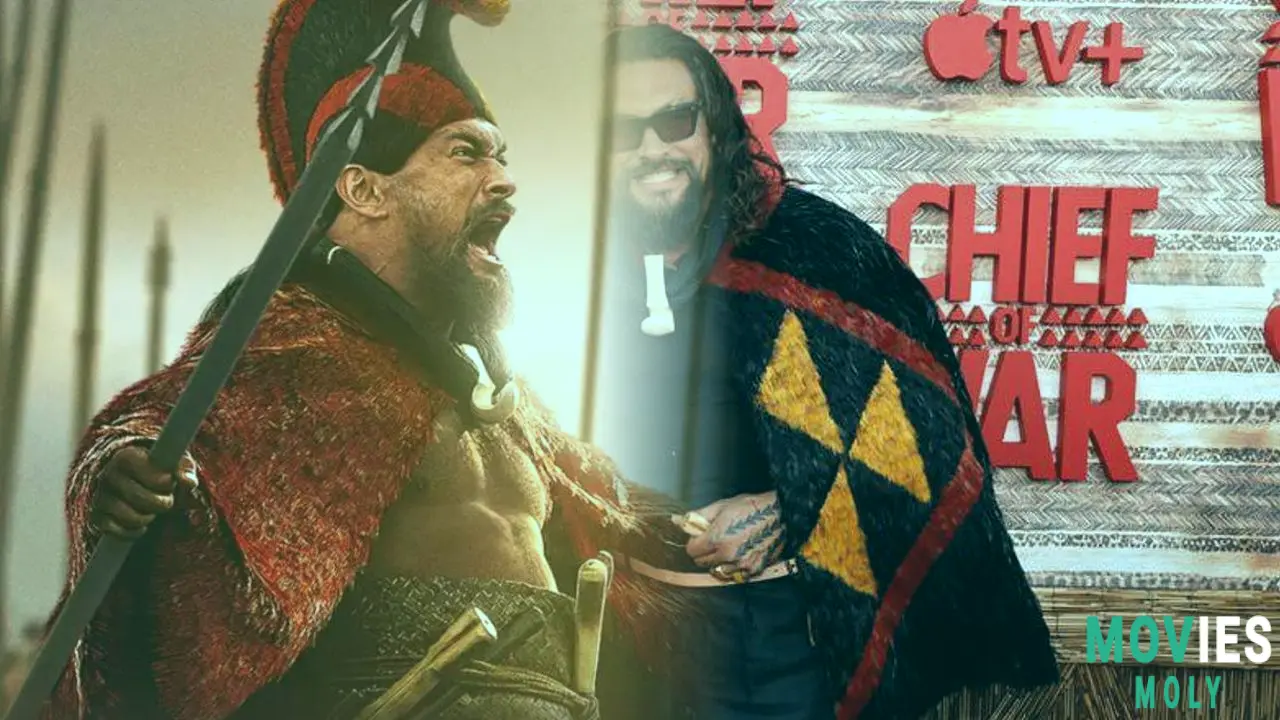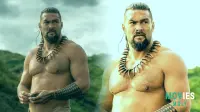Jason Momoa stars in a new historical drama for Apple TV+ called Chief Of War. The nine-episode series, which Momoa and Thomas Paʻa Sibbett co-created, looks at the unification of the Hawaiian Islands in the late 18th century from an indigenous point of view. The first two episodes of the show will air around the world on August 1, 2025. After that, new episodes will come out every week until September 19, 2025.
Getting to Know the Historical Background of "Chief of War"The story of Chief of War is based on true events that happened between 1782 and 1810, when four main kingdoms were fighting over the Hawaiian Islands. Jason Momoa plays Kaʻiana, a real-life Hawaiian warrior and noble (aliʻi) from Kauaʻi. The show is about him. In the late 1700s, Kaʻiana was called "the most famous Hawaiian in the world" since he had been to Europe and East Asia.
When he gets back, Kaiana joins the brutal fight to bring the islands together. The show dramatizes events, but it also incorporates real-life things like wars between islands, changing loyalties, and the arrival of Western weapons. Kaʻiana helped Kamehameha I unite the islands at first, but then he turned against him. He died at the Battle of Nuʻuanu in 1795. The goal of the show is to give an honest look into Hawaii's pre-colonial past, focusing on warrior traditions, internal tensions, and the growing presence of Westerners.
The Real Story Behind Kaʻiana and Kamehameha the Great
Kaiana is the main character in Chief of War, however the story is mostly about King Kamehameha I, who is performed by Kaina Makua. Kamehameha's goal was to bring the islands of Hawaiʻi, Maui, Oʻahu, and Kauaʻi together under one government. The series shows this campaign as complicated, with alliances, betrayals, and predictions. The show also talks on the arrival of foreign traders and missionaries, as well as the possible threat of colonization, which was something Hawaiian chiefs were worried about at the time.
Meet the Cast: Kaʻiana, played by Jason Momoa, is one among them.

The main characters in Chief of War are mostly Polynesian on purpose to make sure the culture is accurate and the representation is real. Jason Momoa not only plays Kaʻiana, but he also helped invent, write, and produce the show.
Important historical figures and how they are shown
The goal of the series is to make these historical figures come to life in a way that is true to life. Temuera Morrison, who has been in Aquaman and The Book of Boba Fett, offers his experience to the part of King Kahekili. Moses Goods, who plays Moku, has said that the stories' deep cultural details made his acting better.
Unraveling the Story of Unification: Episode Guide and Plot Analysis

The first two episodes of the nine-episode series will air on August 1, 2025. New episodes will air every week until September 19, 2025. The story follows Kaiana as he deals with the political conflicts and changes in Hawaii in the 18th century. The narrative shows how hard it is to keep Hawaiian identities strong when there are problems inside and outside the community.
People say that the series is a "epic and unprecedented telling of the unification and colonization of Hawaiʻi." It promises a mix of action, politics, and culture, giving us a look at a part of history that isn't typically talked about.
The Cultural Importance and Effect of "Chief of War"
Jason Momoa, who is Native Hawaiian, is very interested in Chief of War. The series is a cultural reclamation presented through the eyes of Polynesian people, who frequently speak their own language. The production showed its dedication to authenticity by consulting more than 15 Native Hawaiian and Polynesian cultural experts. The show has handmade kapa clothes, feathered capes, and models of Hawaiian communities from the 18th century. A lot of the dialogue is in Hawaiian, which is a way to commemorate the individuals whose tale is being portrayed.
The realness in "Chief of War" is stunning, according to @CulturalCritique on X. It's a master class in how to show culture, from language to customs.
Polynesian Language and Culture: What Does It Mean to Be Real?
There were cultural experts in every production department to make sure everything was as authentic as possible. This included building battle ships (waʻa) using traditional materials and methods. The people who made the show collaborated with Awaiaulu, a group that works to protect Hawaiian culture and language, to make sure that the language and screenplay were correct.
Behind the Scenes: Problems and Successes in Production
Making Chief of War was a big job. The movie was shot in both Hawaii and New Zealand. The Bay of Islands in New Zealand stood in for 18th-century Hawaiʻi. The lava fields of Kalapana, Hawaii, were used to film big war scenes, which made the show feel more real. The shoot utilized almost 600 people from the area, which added to the film's authentic island feel.
Jason Momoa has said that Chief of War is his "dream" and his "Braveheart," and he has put his "heart and soul" into the project. He even directed the last and ninth episode. The production had to deal with several unusual problems, such filming near a volcanic eruption, which Momoa is said to have foretold.
@CinephileViews said on X, "Chief of War" has beautiful scenes, but the plot is what really draws you in. You have to see it!
Filming Locations and Behind-the-Scenes Information
Choosing the right places to film, especially the undisturbed natural vistas of the Bay of Islands and the stark lava fields, was very important for making the visuals feel real. This carefully chosen mix of places was meant to highlight both the grand scale and the deep cultural significance of Kaʻiana's journey.
Jason Momoa's Vision and Hard Work
Momoa was very dedicated to this endeavor because of his personal connection to his Hawaiian background. He wanted to tell a story that would reclaim Hawaiian history for people all across the world, told from an indigenous point of view. This promise includes even the slightest things, which makes sure that the series is both fun and mindful of its cultural heritage.
"Jason Momoa's 'Chief of War' isn't just a show; it's a powerful story reclaiming Hawaiian history for a global audience," said @HistoryBuff on X.
What do people think of it? What are critics and fans saying?
The early reviews of Chief of War praise its visual storytelling and cultural relevance. People like the series because it stays true to life and shows a key time in Polynesian history in a cinematic way. It distinguishes out because it focuses on a Native Hawaiian point of view, which hasn't gotten much attention in the mainstream media.
@TVSeriesFanatic wrote on X, "Finally, a historical drama that has both big action and deep cultural meaning." "Chief of War" changes everything.
Trends in social media and audience engagement
The series has gotten people talking about the history of indigenous people, their rights, and the effects of colonization. Its themes of resistance and preserving culture are similar to today's conversations around land rights and decolonization. This makes Chief of War not only a historical drama, but also an important cultural event.
@EduMediaWatch said something about X, "'Chief of War' is more than just a movie; it's a trip through Hawaii's untold stories that will teach you something."
Why You Should Watch "Chief of War"Chief of War is a one-of-a-kind and interesting movie to see. It has a lot of action and political intrigue, but it also has a lot of respect for Hawaiian history and culture. The series gives you a chance to learn about an important time from the point of view of an indigenous person, which is not something you see very often on a global scale.
Looking at 'Chief of War' next to other historical dramas
Unlike many period plays set in Europe or colonial America, Chief of War takes viewers to Polynesia, a place that doesn't get much attention in big-budget stories. The goal of the series is to stop the loop of colonial stories shaping Hawaiian history by giving Native speakers the power to recount the stories.
What will happen next with the "Chief of War" series?Jason Momoa and Thomas Paʻa Sibbett said in July 2025 that a second and third season could be approved in September, even though the show was first billed as a limited miniseries.
Possibility of spin-offs and a bigger universe
If the series goes on, there is a chance to learn more about other people and events from Hawaiian history. There are numerous ways to convey more stories because of the rich cultural background and the depth of the historical time.






